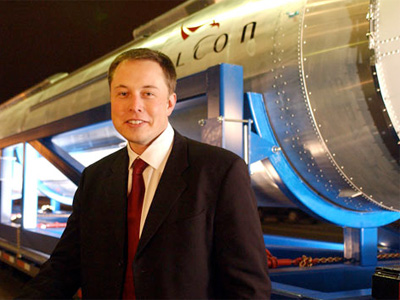Yesterday, a friend on Facebook shared an article from The Guardian, citing a speech given by former Prime Minister Blair’s wife. Well, rather than me telling you what I think the article says, you can read it for yourself first.
Audrey and I discuss this topic often, and she added an interesting article/interview she recently heard, written by a woman having her own awakening on her career. In short, Mrs Slaughter realized, after struggling with a high-power governmental job and a son struggling through adolescence, that women actually can’t “have it all” – at least not all at once.
But, here’s the part she and everyone else seems to be missing: it should be the same for men! We also can’t have it all, all at once!
My problem with the Blair article isn’t that she’s calling out stay-at-home-moms, though the writer tries to paint it that way. If you look more closely at the quotes, she’s decrying a certain type of woman who simply marries for money and wants to be taken care of. The portrait of the woman she paints is a dependent, snotty brat who just lives off the coattails of someone else’s success. This woman’s shortcoming isn’t that she’s not working – but it’s that she’s not contributing. What if this article had been written about the growing number of men who marry for money? Gender dynamics are changing in this country – and the XBox playing, couch sitting, directionless demographic of men is growing while the highly educated, highly motivated demographic of women is also growing. Had this article been written about men charting a similar life-course (ignoring education and career while all the time planning on marrying for money), the reaction would be – in a word – outrage.
Back to the Slaughter article, though. Slaughter seems to come to the same conclusion Audrey and I came to long ago – that we weren’t willing to put our career above our family. Many women make that decision – and as a result of that decision end up putting their careers on hold to be a stay at home mom. But in our case, we both agreed that neither of us should to put career above family! The question we asked ourselves was, could both of us chart a career path that would allow both to work and both to contribute in the home? It’s our little experiment, and so far (knock on wood) it seems to be working out. We realized we might have to get off the ‘fast track’ to leadership and responsibility in our jobs in order to keep the right balance that would allow us both to work and have plenty of time with our son. We also realize that it might change as our family changes or either of our careers change. But for now – thanks to great employers and managers who are taking a greater interest in work-life balance – we feel like we’ve been successful.
What the women’s movement has done – evidenced in the Slaughter article – was to adopt the “man’s world” philosophy of “advance your career at any cost.” Still today – in most households – especially one-earner households – it is generally accepted that the man’s career can/must advance at all cost to the family, whether that means moving more often, more business travel away from the family, more time in the office, or more outside pressure and stress being brought into the home. My assertion is that this “advance your career at any cost” philosophy is dangerous for both men and women.
I stumbled across a quote more than a year ago when Aud and I were going through the decision making process about what we should do with her career – whether it needed to be put on hold with WEJr’s birth, or whether there were other options that would work for our family. This quote, from someone I deeply admire in our Church, opened my eyes. This decision wasn’t really all about her, as I had originally thought. I actually had a huge responsibility – as the man:
“I don’t think women [alone] need to think about children – I think fathers and mothers need to think about children… What seemed to be the talk [during the women’s movement of the 1960’s] was ‘How do I get out of the home?’ — ‘How does a woman get out of the home?’ Or maybe even out of marriage — or out of whatever… I think that model should have been turned 180 degrees and it should have been, ‘What do we do to guarantee that men stay in the home or than men contribute in the home?’ I’m all for shared workload. We can wash dishes together and we can do the laundry together and we can pay the bills together and we can figure out what the income tax is together, but it seems to me that to just think of ways to get away from family, and away from home, was exactly, diametrically, opposite to the model we should have been pursuing. And that is: In such times, how do you keep fighting to say in the home – including the husband – that he does not just blissfully walk out the door and take his little briefcase and go off and never have another thought all day or all week or all month about the greatest responsibility that he has and that is to be a husband and a father and a grandfather? … I think that all the forces that spin us centrifugally away from the home, we have to fight that, and have those forces reversed as best we can, and have that circle coming back into the home for men and for women.”
– Jeffrey Holland
from the MormonChannel podcast “Conversations” on 12/6/2010


